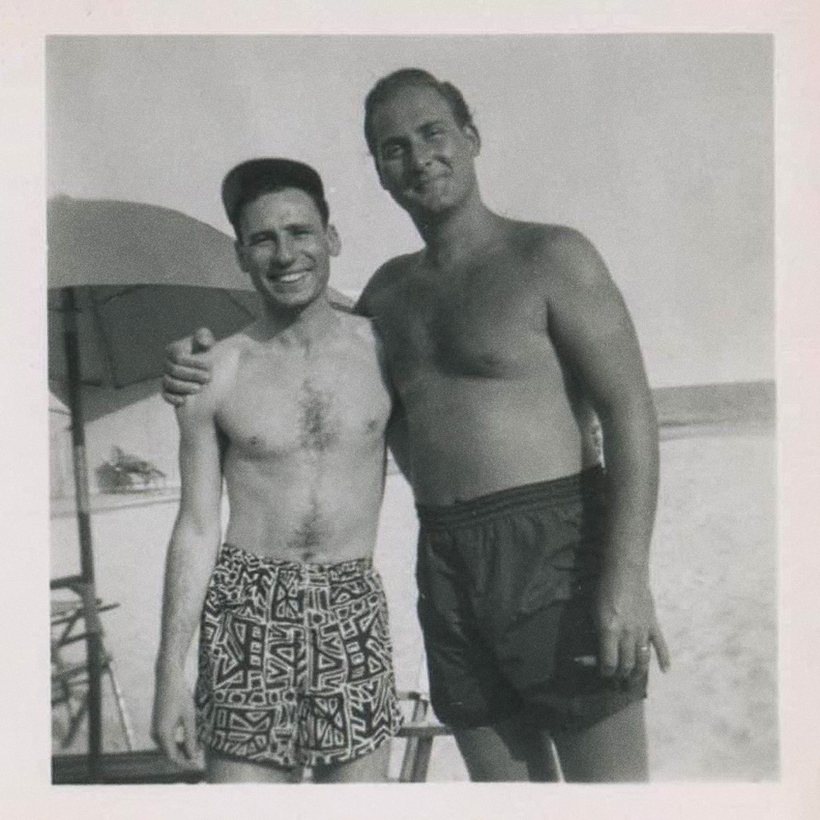Twenty-five years ago, standing in the Grand Ballroom of the Pierre hotel to watch Sid Caesar receive the Alan King Award in American Jewish Humor, I knew a lot more about Alan King than about Sid Caesar.
So did anyone else under 50 there that night. King, after all, was all over television then, while Caesar, who’d been a fixture on TV during its formative years, was invisible. That night, singing Caesar’s praises as the master of ceremonies, King’s first challenge—at least with folks like me—was to be believed.


